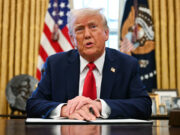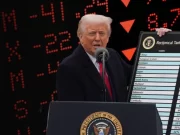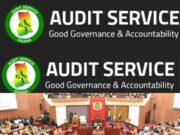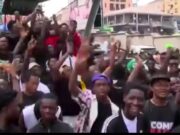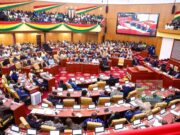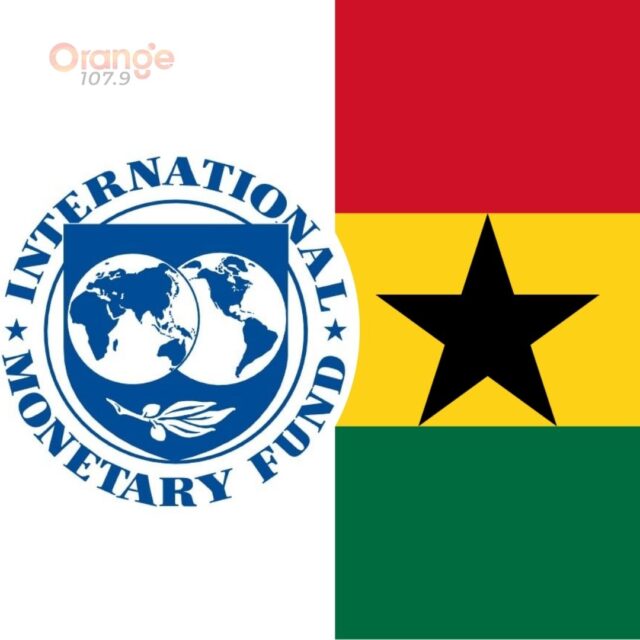The International Monetary Fund (IMF) will engage government officials this week as Ghana finalizes its 2025 budget for a March presentation. The discussions come amid government plans to abolish several taxes, including the E-levy, betting tax, and COVID-19 levy.
These levies, introduced to boost domestic revenue, have faced strong opposition from businesses and citizens since their implementation. With Ghana under a $3 billion IMF-supported Extended Credit Facility (ECF), the fund will assess the impact of these tax cuts. The IMF wants assurances that removing these taxes will not affect revenue targets or derail Ghana’s economic recovery efforts.
Beyond tax concerns, Ghana’s energy sector debt remains a significant issue, straining public finances and increasing economic risks. The sector’s liabilities, exceeding $2 billion, threaten power producers and could lead to electricity supply disruptions if unpaid. Independent Power Producers (IPPs) have warned that failure to clear arrears may affect Ghana’s electricity supply.
IMF officials will push for structural reforms in the energy sector to enhance cost recovery and financial sustainability. The Government is expected to present a clear strategy for revenue recovery, debt settlement, and macroeconomic stability alongside these tax reforms.




